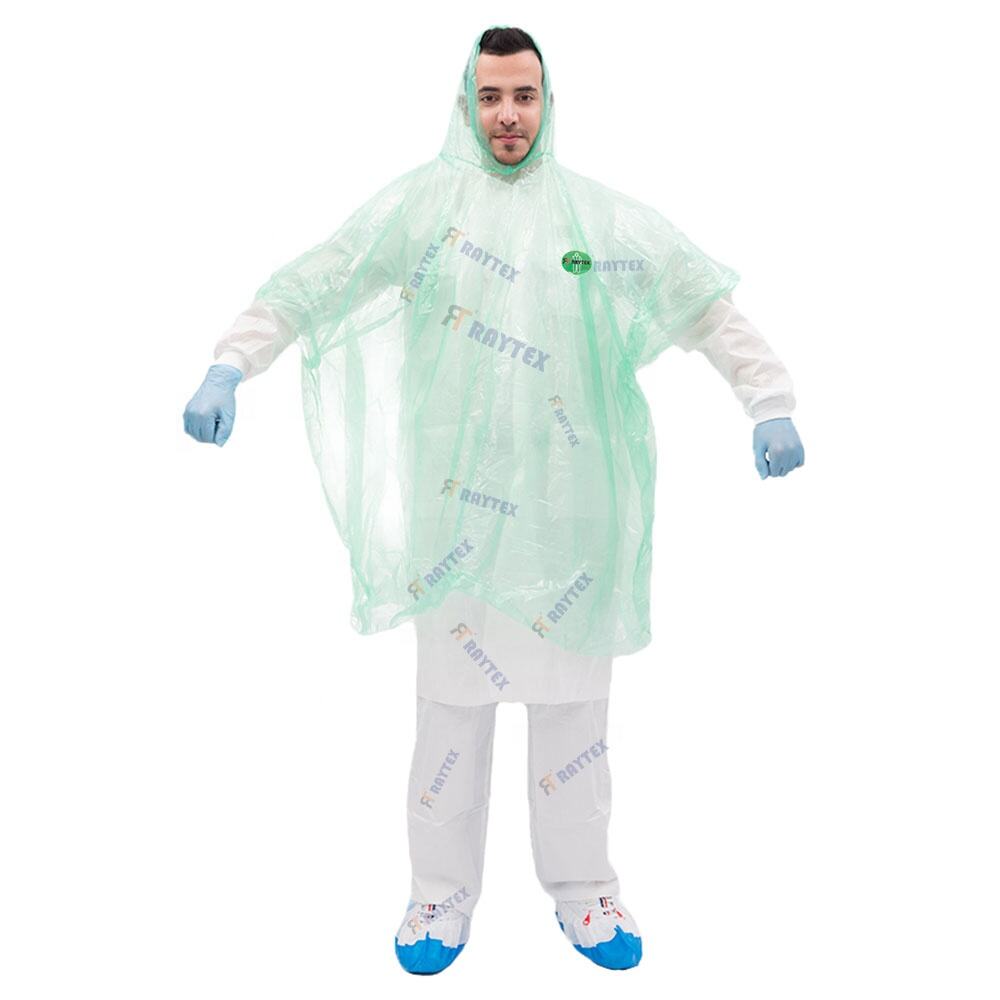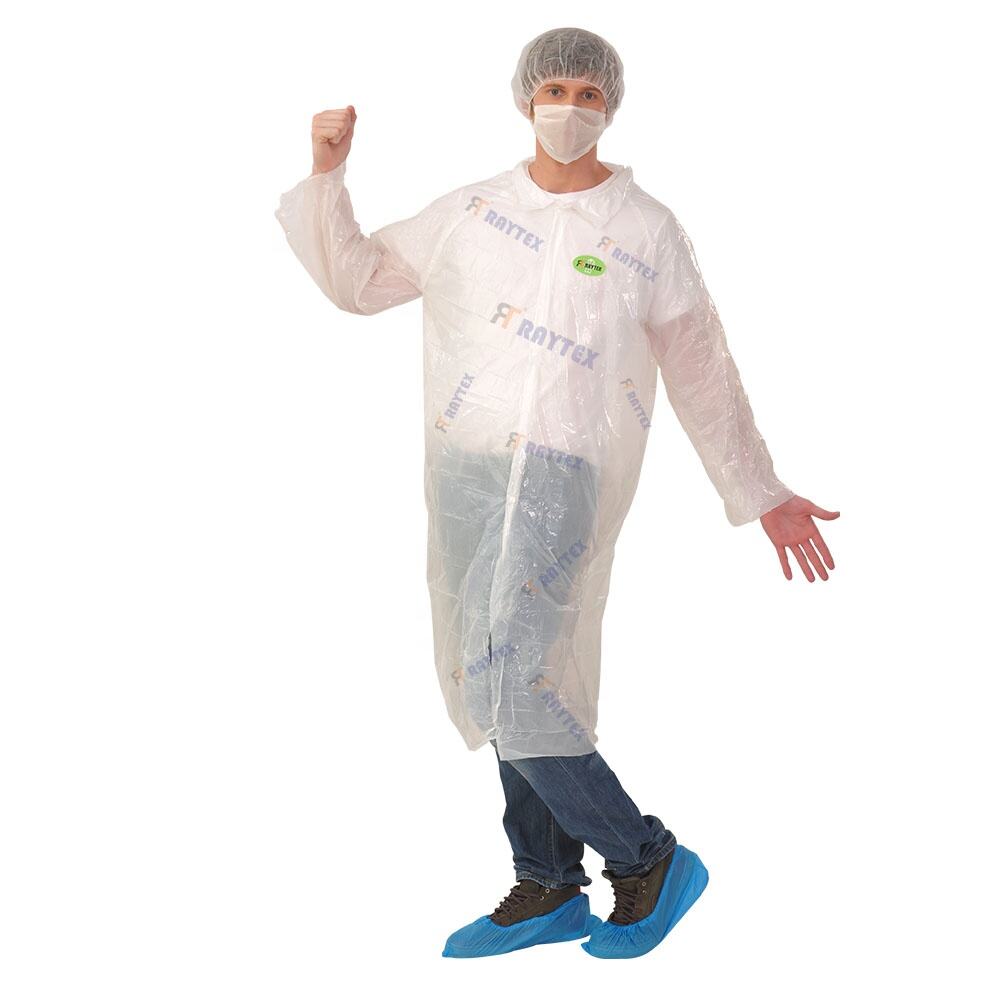PPE products with international certifications are safety gear that meets rigorous standards set by global regulatory bodies, ensuring consistent performance and reliability across diverse markets. These certifications—such as CE marking (EU), FDA approval (U.S.), ISO 9001, and EN standards—validate that products adhere to strict criteria for protection, durability, and user safety, making them indispensable for businesses operating internationally. CE marking, mandatory for PPE sold in the EU, involves compliance with directives like PPE Regulation (EU) 2016/425, which categorizes products by risk level (Categories I–III) and requires testing for factors like mechanical strength and chemical resistance. FDA approval, critical for healthcare PPE in the U.S., ensures items like surgical masks or gloves meet biocompatibility and performance standards, such as ASTM F2100 for mask filtration efficiency. ISO 9001 certification reflects a manufacturer’s commitment to quality management systems, ensuring consistent production processes. Other key certifications include EN 14126 for protective clothing against biological hazards and ANSI/ISEA Z89.1 for industrial helmets, each addressing specific risks. For global businesses, using certified PPE simplifies market access, reduces regulatory hurdles, and builds trust with clients and workers, who rely on these products for safety. Certified PPE undergoes rigorous testing—from material strength to barrier efficiency—providing assurance that it will perform as intended in high-risk environments. Whether in healthcare, construction, or manufacturing, these products offer a universal benchmark of safety, ensuring protection that transcends geographical boundaries and meets the diverse needs of international operations.


